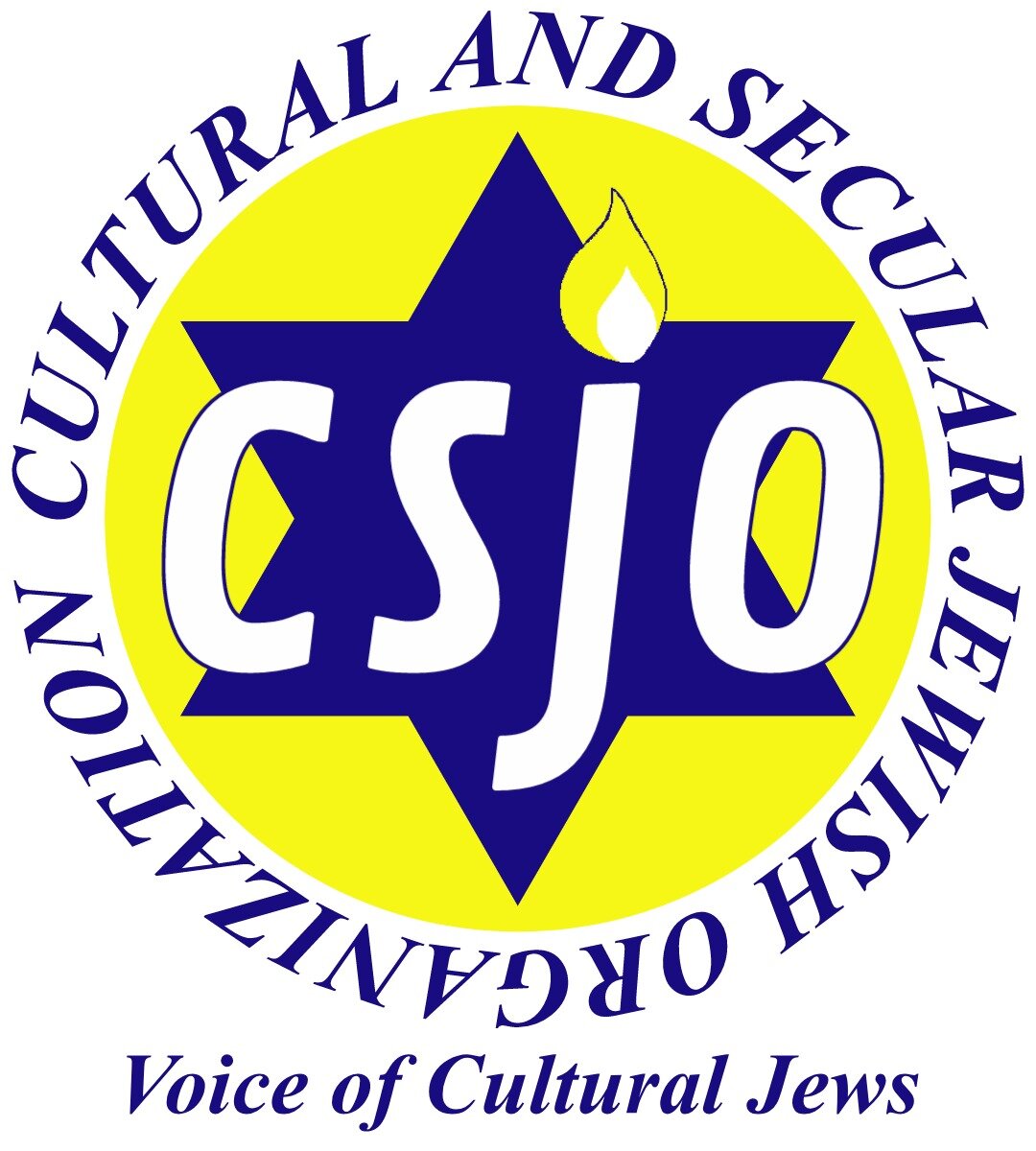By Samara Cogan My dad Stuart Cogan died unexpectedly in August 2014. He was raised Jewish, but he didn’t seem to feel any particular connection to Judaism. I have a distinct memory of him attending a conservative Bar Mitzvah with my family, and in the middle of the service, he was asked by a member of the congregation to put on a yarmulke. My dad’s response to this was to throw the yarmulke on the ground and storm out of the synagogue, never to return. With this memory in mind, I initially struggled to find a way to honor my dad in his memorial service. I wanted to acknowledge his Jewish heritage, but I felt that religious traditions wouldn’t be fitting for our family or honoring his memory. I also didn’t have any examples of secular Jewish memorial services; I had never attended one.
Luckily, I discovered that I had the tools I needed to create a service: the support of my Folkshul community, and Sherwin Wine’s book Celebration: A Ceremonial and Philosophic Guide for Humanists and Humanistic Jews. The end result was a service that was specifically suited to my dad’s memory and my family’s need to have a ceremony that celebrated his life. The program included excerpts from Sherwin Wine’s book, quotes from Harry Potter (a favorite series of his), a stone dedication (using stones that my dad collected himself), Billy Joel lyrics, the secular kaddish, and one blessing in Hebrew for my more conservatively Jewish family members. We did not include any songs or any other prayers because that was not a part of our tradition.
As difficult as it was for me to attend my dad’s memorial service, it helped me to have a meaningful way to grieve. Because my family was the architect of the ceremony, we weren’t just going through the motions. We created a program that was accessible to everyone in attendance, yet still maintained a distinctly Jewish quality. I think my dad would have been proud of us.




